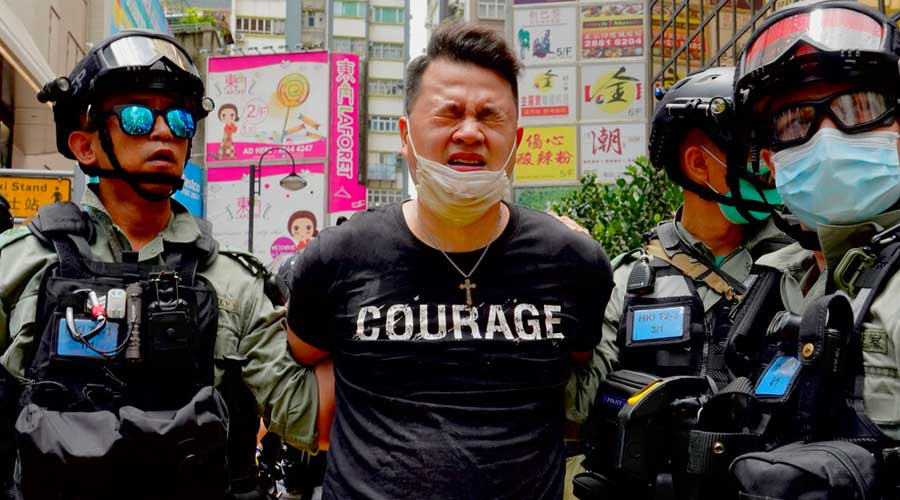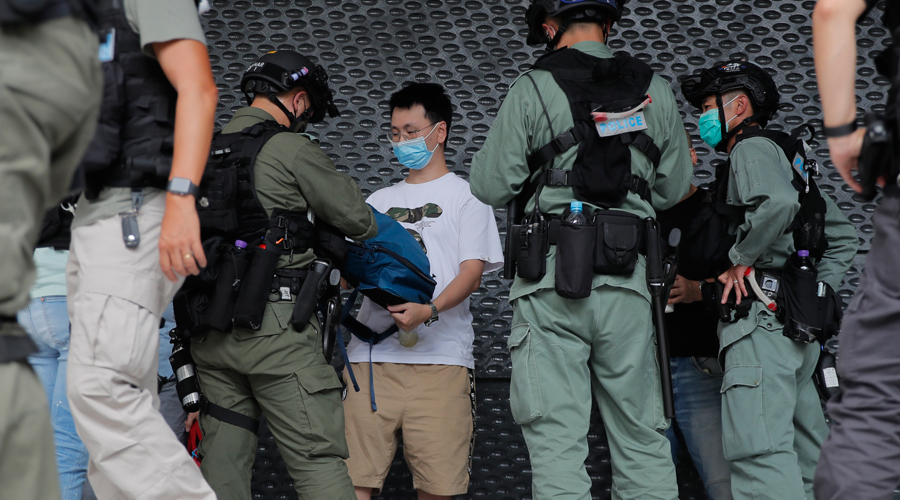Birthday presents need not always be pleasant. Twenty-three years after China regained Hong Kong from Britain by committing to honour the ‘one country, two systems’ model, Beijing gifted its special administrative region with a contentious national security law with the ostensible goal of restoring stability and prosperity. Ironically, Hong Kong’s stability has been undermined in recent times by substantial and sustained public protests against the now withdrawn Hong Kong extradition bill, which threatened to undermine its territorial autonomy as well as civil liberties. Beijing has now chosen — willfully — to reignite these very concerns. Among other provisions, the national security law — it was passed without any consultation with Hong Kong’s legislature — puts severe restrictions on the free speech of Hong Kong’s residents. It also punishes ‘subversion’ — dissident voices, in other words — with a jail term. Astonishingly, the law permits trials in secret as well as the selection of judges by Hong Kong’s chief executive while negating the bail provision. Mainland security agencies would now have the right to pursue cases that are ‘complex’, stoking fears of the whittling down of Hong Kong’s autonomy. There is also the apprehension that Beijing would like to clip Hong Kong’s financial wings by bringing it on a par with the industrial hubs on the mainland.
The repressive elements in the law are certainly consistent with China’s pursuit of an aggressive, expansive geostrategic vision. Its recent encroachment on Indian territory, periodic muscle-flexing in the South China Sea as well as trade retaliations against the United States of America are indicators of Beijing pulling punches on the global high table. An authoritarian, if somewhat charismatic, political leadership seems to be endorsing these bouts of tension. The global community is retaliating too. Canada has announced the suspension of its extradition treaty with Hong Kong over Beijing’s steamrolling of popular sentiments there. The British prime minister has opened his country’s doors to dissidents in Hong Kong fleeing the long, coercive arm of Beijing. Meanwhile, the United States of America is scouting
for partnerships in the region in a bid to neutralize China’s arc of influence. India, expectedly, is on its radar. The developments only go to show that India’s immediate neighbourhood is emerging as a hot spot of geopolitical intrigue. New Delhi must calibrate its responses according to changes on this fluid turf.











